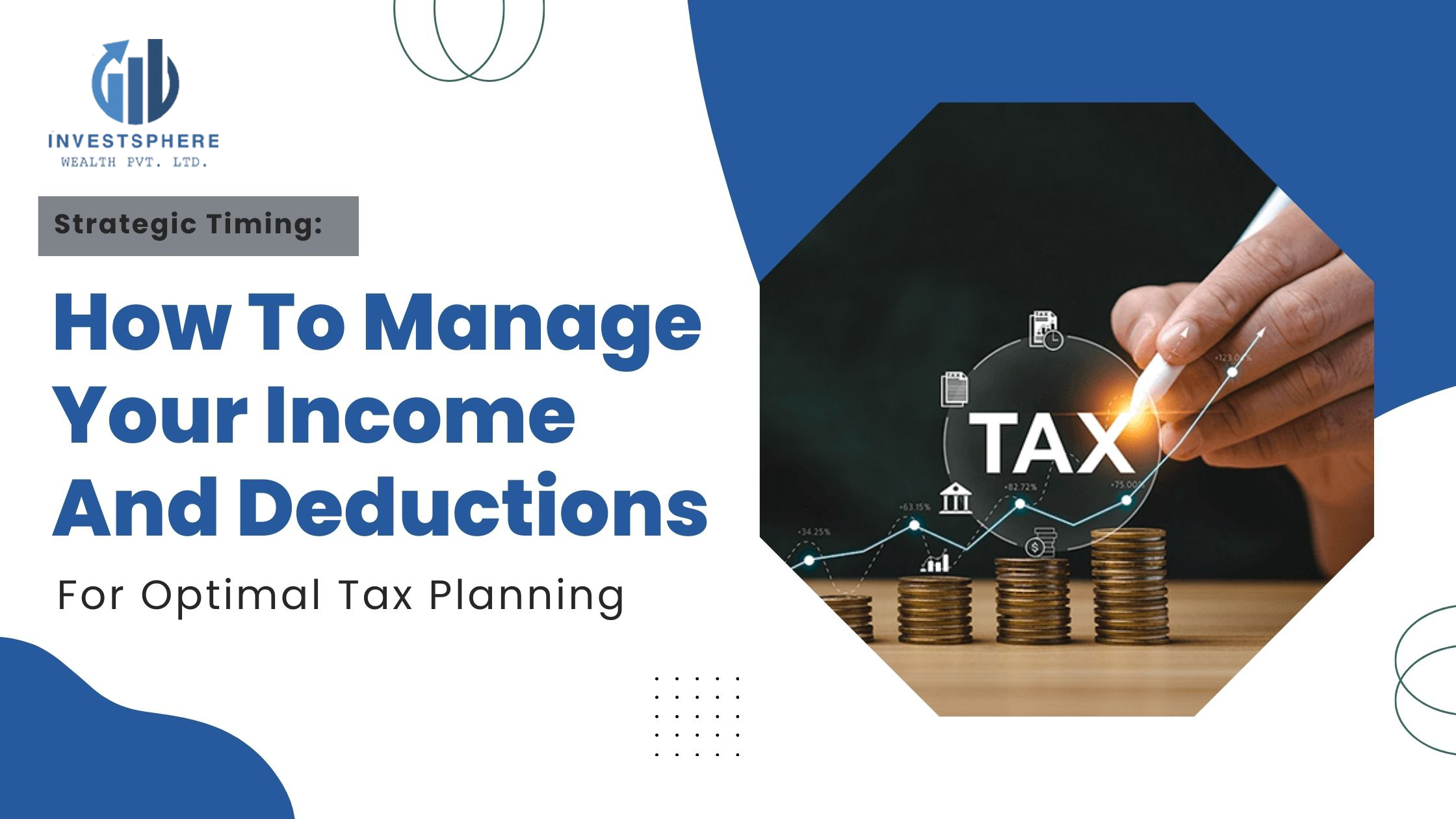A business loan is a type of financing provided by banks, financial institutions, or alternative lenders to entrepreneurs, small business owners, or companies to fund various business-related expenses, such as working capital, expansion, equipment purchase, inventory, or other operational needs. It allows businesses to access the funds they need to grow, manage cash flow, or invest in opportunities, with the flexibility to repay the loan over time.
How does Business loan works?
1. Application:
Business owners apply for a loan by submitting an application to the lender, providing details such as the purpose of the loan, business plan, financial statements, credit history, and collateral (if required).
2. Approval:
The lender evaluates the application based on factors such as the business's creditworthiness, financial stability, industry risk, and repayment capacity. If approved, the lender offers a loan amount, interest rate, and repayment terms.
3. Disbursement:
Upon acceptance of the loan offer and completion of necessary documentation, the lender disburses the loan amount to the business owner's bank account. Funds can be used to finance various business expenses as outlined in the loan agreement.
4. Repayment:
Business owners are required to repay the loan amount along with accrued interest over a specified period, known as the loan tenure. Repayment terms vary by lender and loan agreement, with options for fixed or variable interest rates, monthly or quarterly payments, and flexible repayment schedules.
5. Interest:
Business loans accrue interest on the outstanding loan amount, typically calculated on a reducing balance basis. The interest rate may be fixed or variable, depending on the lender and prevailing market conditions.
6. Security:
Depending on the lender's requirements and the borrower's credit profile, business loans may be secured or unsecured. Secured loans require collateral, such as business assets or personal assets, to secure the loan, reducing the lender's risk and potentially lowering the interest rate. Unsecured loans do not require collateral but may have higher interest rates and stricter eligibility criteria.
7. Loan Closure:
Once the loan and accrued interest are repaid in full, the borrower has fulfilled their obligation to the lender, and the loan is considered closed. Some lenders offer incentives or discounts for early repayment or prompt repayment of the loan.
What are benefits of education loan ?
Business loans offer several benefits, including:
a. Access to Capital:
Business loans provide entrepreneurs and small business owners with access to the funds they need to start, grow, or expand their business operations.
b. Flexible Financing:
Lenders offer a variety of loan products tailored to different business needs, with flexible repayment terms and competitive interest rates.
c. Cash Flow Management:
Business loans help businesses manage cash flow fluctuations, bridge temporary gaps in funding, or finance specific projects or initiatives.
d. Business Growth:
With the right financing in place, businesses can invest in opportunities, expand into new markets, hire employees, purchase equipment or inventory, and ultimately grow their operations.
Business loans play a crucial role in supporting entrepreneurship, driving economic growth, and enabling businesses to thrive and succeed. However, borrowers should carefully consider their business's financial needs, repayment capacity, and the terms of the loan before availing of a business loan to ensure they can manage their debt responsibly and achieve their business objectives.





